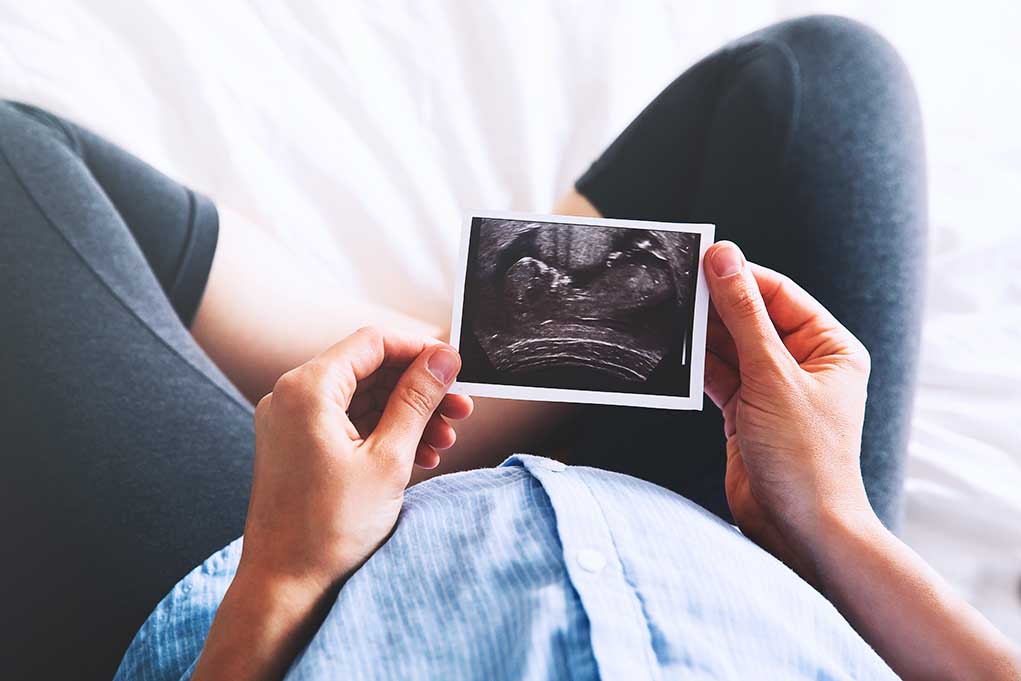
President Trump’s proposed $5,000 bonus for new mothers aims to combat America’s declining birth rates, but critics question whether this one-time payment will be enough to reverse a decades-long trend.
Key Takeaways
- The Trump administration is considering a $5,000 cash incentive for new mothers to boost America’s declining birth rates, which reached their lowest point since 1979 last year.
- Additional proposals include allocating 30% of Fulbright scholarships to married people or those with children, and educational programs about menstrual cycles to help women conceive.
- The plan draws inspiration from Hungary’s family incentive system, though critics note Hungary’s birth rates haven’t significantly increased despite similar policies.
- Critics argue that $5,000 is insufficient compared to the estimated $23,000 annual cost of raising a child in America.
- The initiative aligns with conservative values prioritizing family as society’s cornerstone, with support from figures like Elon Musk and JD Vance who have expressed concern about declining birth rates.
Trump Administration’s Birth Rate Initiative
President Donald Trump has expressed support for offering new mothers a $5,000 cash bonus as part of a broader effort to address America’s declining birth rate. When presented with the idea, Trump reportedly responded, “Sounds like a good idea to me.” The proposal comes as U.S. birth rates continue to drop, with 2023 recording the lowest number of births since 1979. The average number of children per American family has fallen to just under two, raising concerns about long-term population stability and economic growth. White House officials are currently meeting with policy experts and advocates to develop a comprehensive strategy.
White House Press Secretary Karoline Leavitt confirmed the administration’s focus on family policies, stating that President Trump “is proudly implementing policies to uplift American families” and “wants America to be a country where all children can safely grow up and achieve the American dream.” The initiative appears to be gaining traction among conservatives who view declining birth rates as a significant national concern. Transportation Secretary Sean Duffy has even suggested allocating more government funding to areas with higher birth rates as part of this family-focused agenda.
JUST IN: President Trump is considering issuing a $5000 baby bonus for mothers to increase birth rates, according to the New York Times.
The White House is reportedly coming up with strategies to tackle declining birth and marriage rates.
In addition to the $5000 baby bonus,… pic.twitter.com/V6ZaVtD3d9
— Collin Rugg (@CollinRugg) April 22, 2025
Beyond the Baby Bonus
The $5,000 baby bonus is just one component of a broader strategy being considered by the Trump administration. Other proposals include allocating 30% of prestigious Fulbright scholarships to married applicants or those with children, creating a clear incentive for family formation among academic and professional elites. Additionally, the administration is exploring educational programs focused on helping women understand menstrual cycles and ovulation to improve conception planning. These initiatives seem designed to address both the financial and educational barriers to family growth.
“Collapsing birth rates will cause any species to go extinct,” warned Elon Musk, a prominent supporter of pro-natalist policies. He has repeatedly claimed that “humanity is dying” due to falling birth rates.
The administration’s approach draws inspiration from Hungary’s family incentive system, which includes tax deductions and credits for each child, and no income tax for mothers with four or more children. The Heritage Foundation, a conservative think tank, has been actively involved in discussions about increasing birth rates and researching potential causes of infertility. Trump has also taken separate action to promote in vitro fertilization (IVF), recently signing an executive order aimed at expanding access and improving affordability of fertility treatments.
Criticism and Challenges
Despite enthusiasm from supporters, the proposal faces significant criticism. Commentator Maggie Anders called the $5,000 incentive woefully insufficient, noting that the average annual cost of raising a child in America is approximately $23,000. “A $5,000 baby bonus is wasteful and won’t make a dent, especially among middle to upper class families,” Anders argued, characterizing the proposal as wealth redistribution with unclear goals.
Hungary’s experience with similar policies provides a cautionary tale. Despite implementing substantial financial incentives for families, Hungary has not seen significant increases in birth rates, suggesting that economic incentives alone may not be sufficient to reverse deep-seated demographic trends. As the Trump administration develops its approach, the questions of effectiveness, cost, and implementation remain central to the debate about America’s demographic future.




